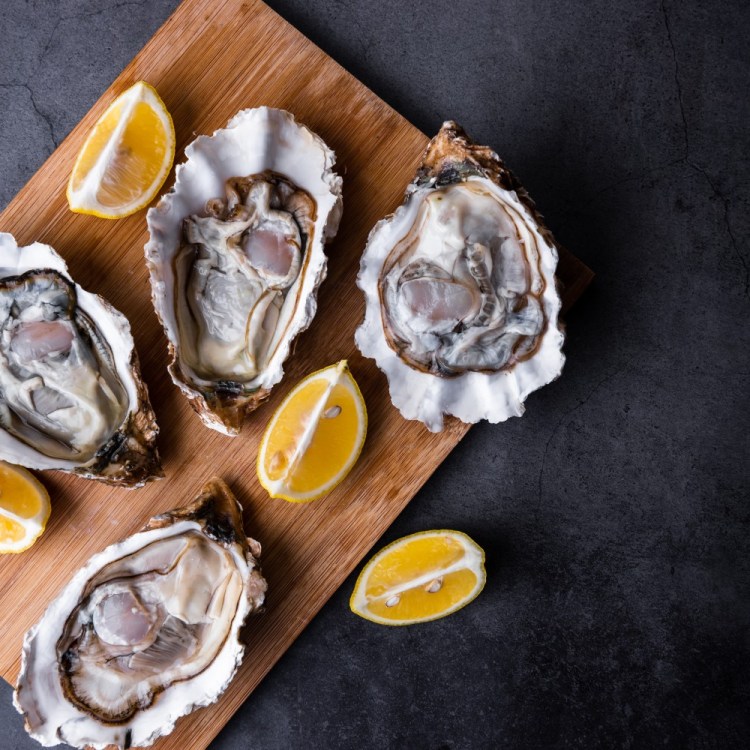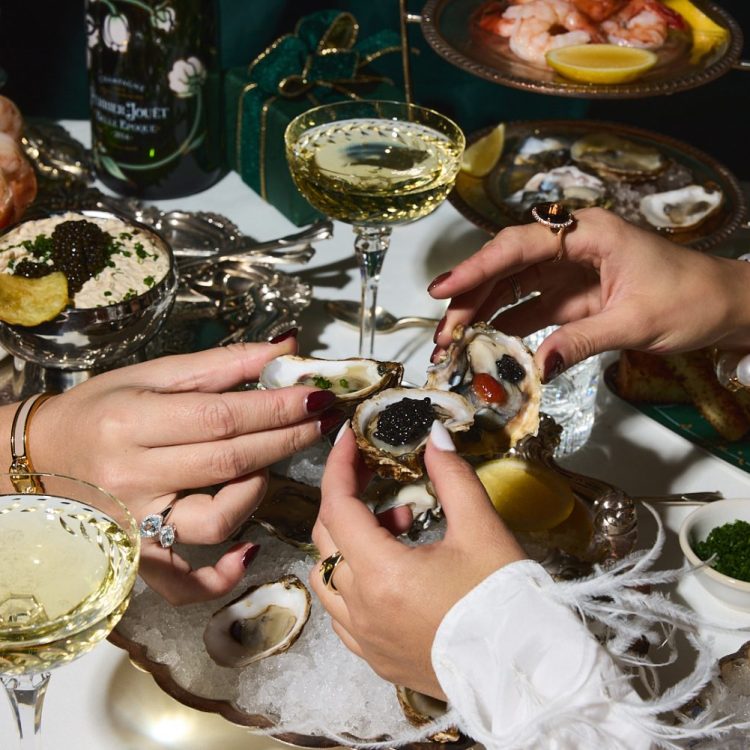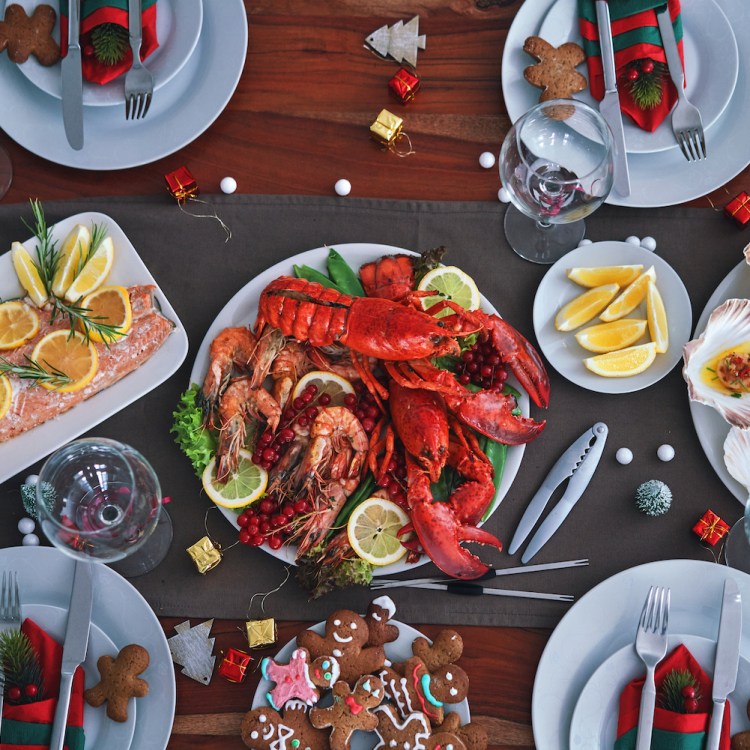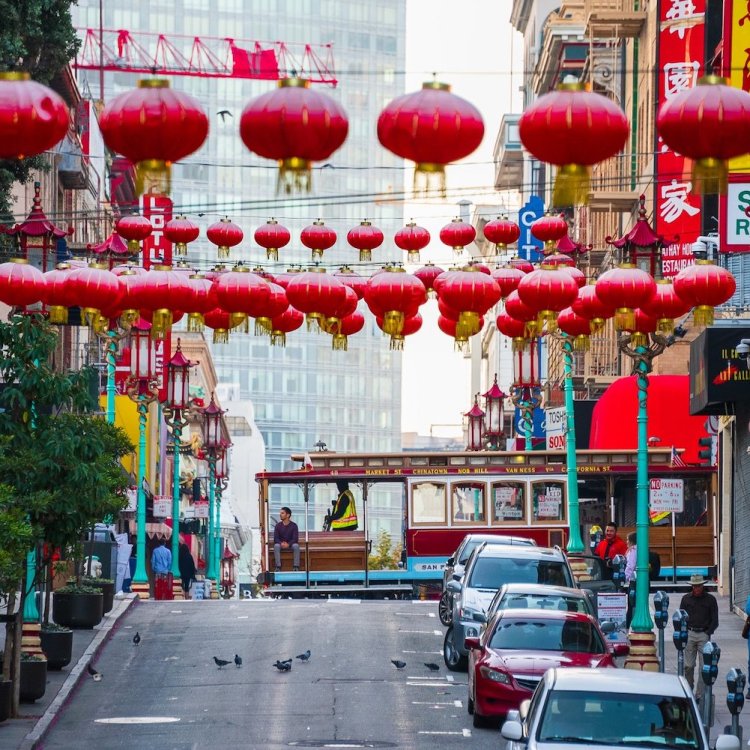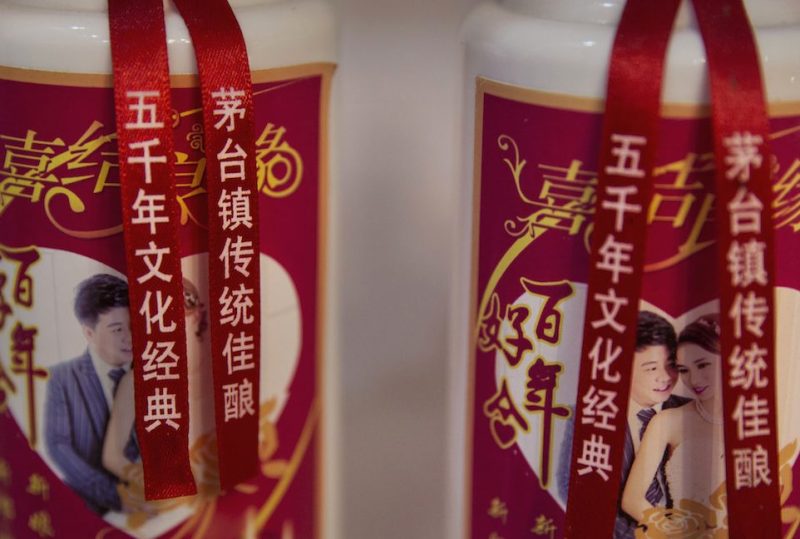
BYE-Joe. That’s how it’s pronounced. Baijiu translates to “white spirit” and is largely unknown outside of Asia. Within Asia—and particularly China, with its 1.3 billion people—it is beloved. In fact, it’s a key part of life. So much of it is consumed that it can be accurately said to be the world’s most popular liquor, despite the fact that it is largely unknown on most other continents.
That, however, may be about to change, thanks both to its devotees spreading it throughout the globe as they travel, and increasingly, liquor connoisseurs from Western cultures realizing what they’ve been missing.
And make no mistake, it’s completely different than anything you’ve probably ever imbibed. It runs 80 to 120 proof. It’s also made in a unique way. Richard Carleton Hacker writes this about it for Robb Report:
“It is distilled from sorghum and wheat, then blended with other grains, including sticky rice. It is aged in sealed earthenware jars, rather than oak barrels, that are buried underground from one to seven years. Such a unique beverage has its own, appropriately unusual classification system—baijiu is labeled according to four ‘aromas’: strong, light, sauce, and rice.”
To go inside the Robb Report‘s guide to drinking baijiu, click here. (Hacker notes that while it is reaching the West in cocktails, traditionally it has been consumed as shooters.) Learn more about its creation and attempts to introduce it to new markets in the video below.
Join America's Fastest Growing Spirits Newsletter THE SPILL. Unlock all the reviews, recipes and revelry — and get 15% off award-winning La Tierra de Acre Mezcal.

















